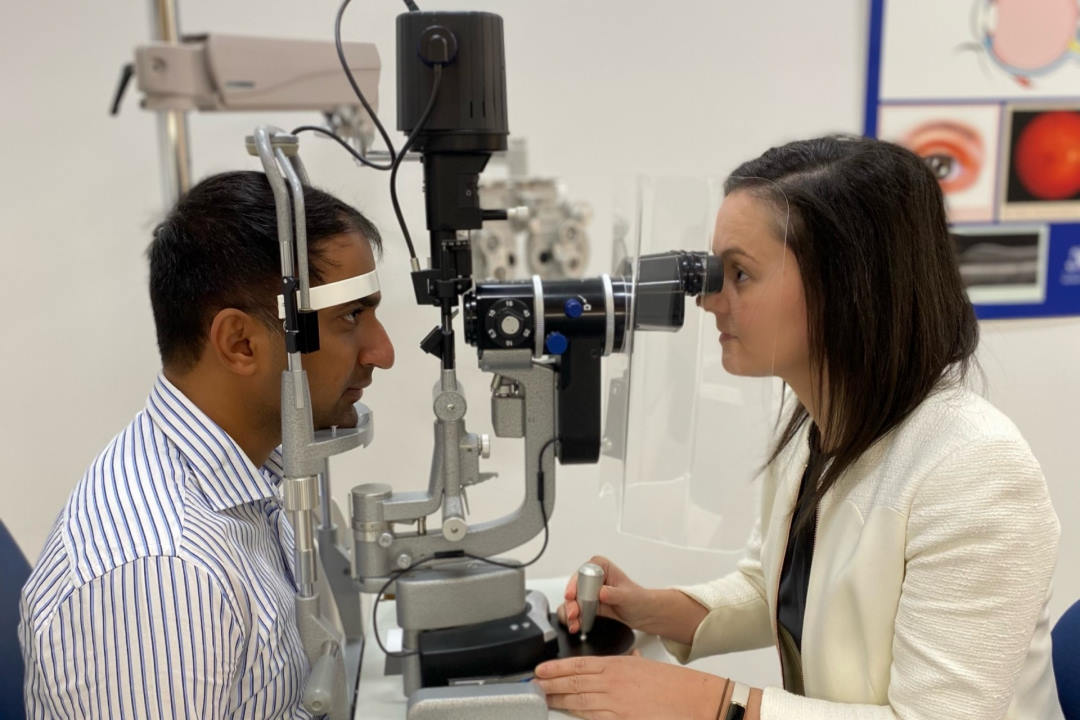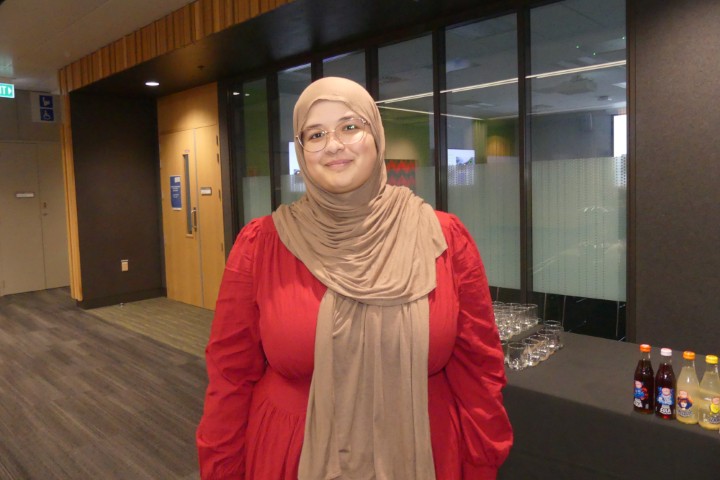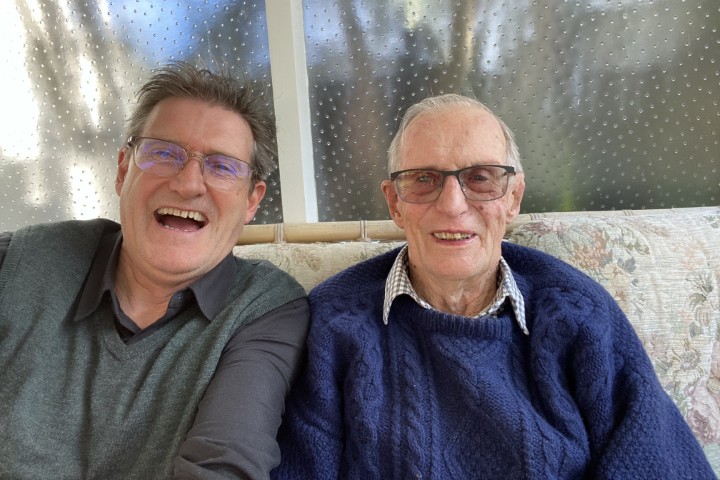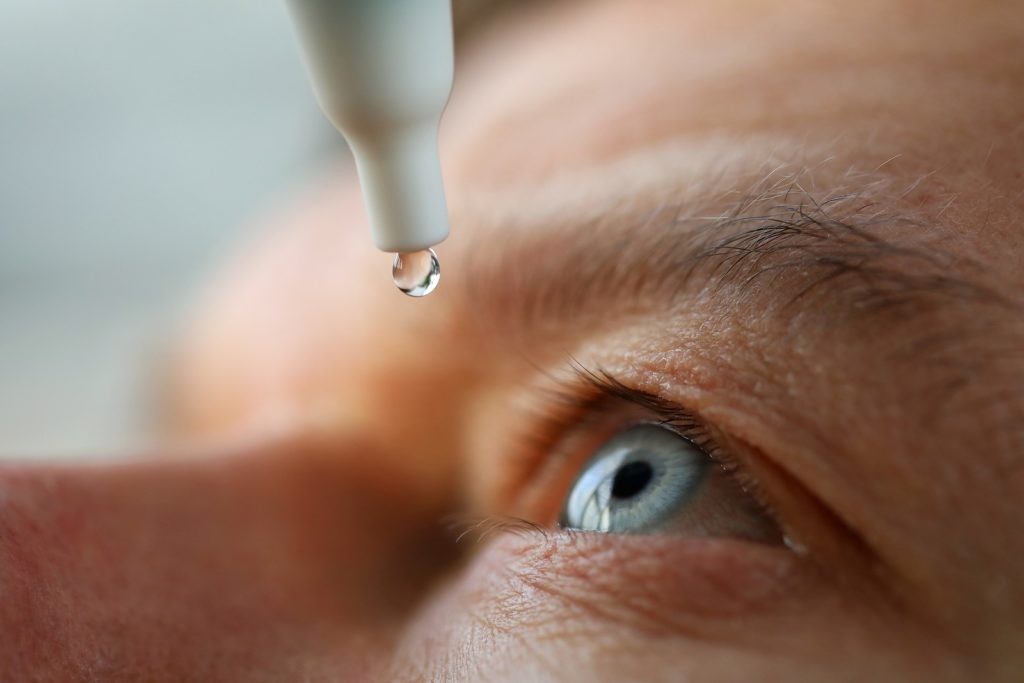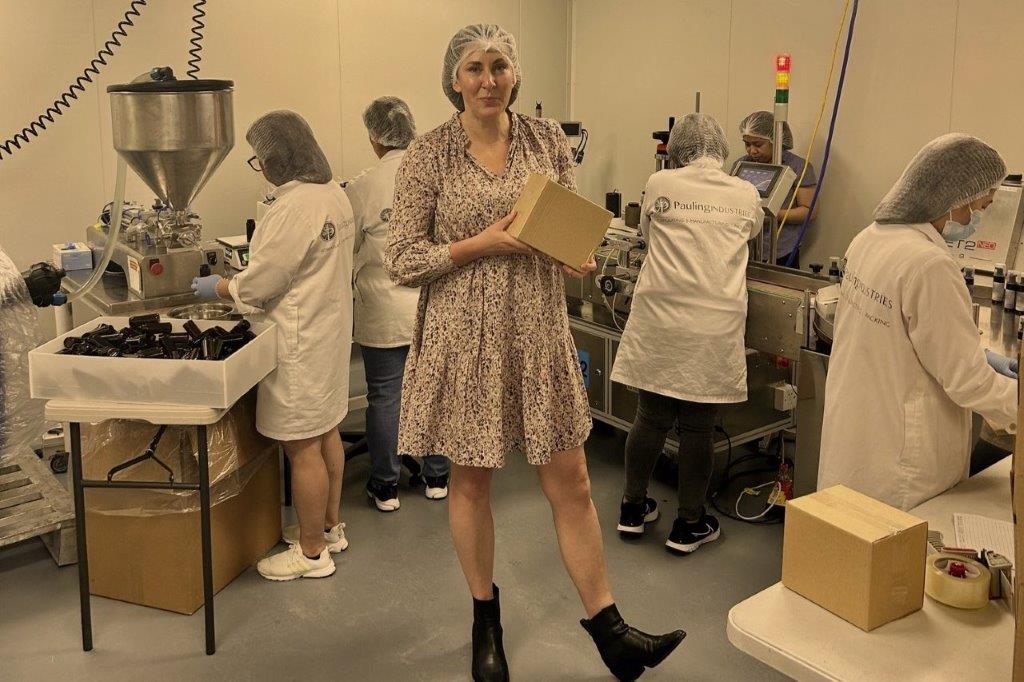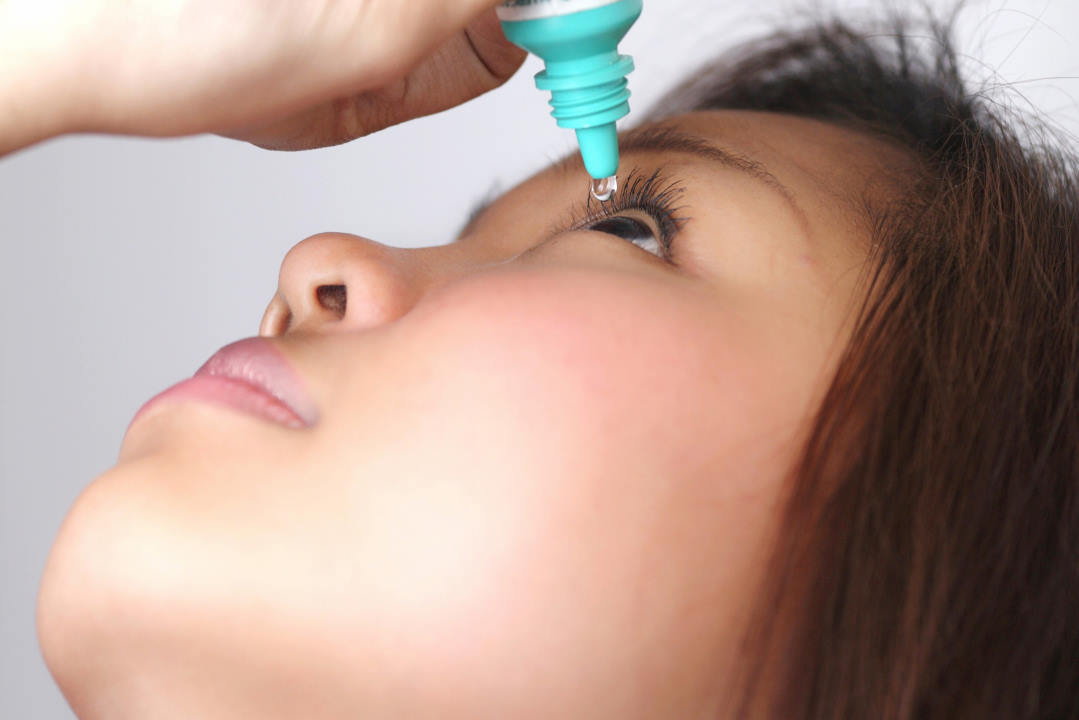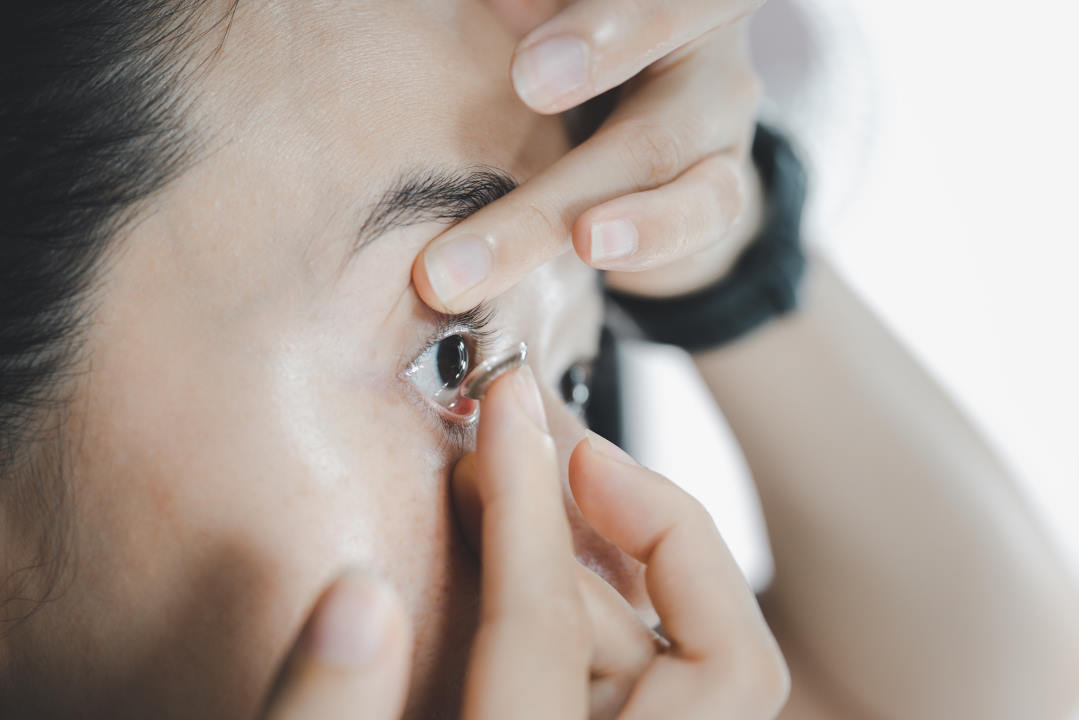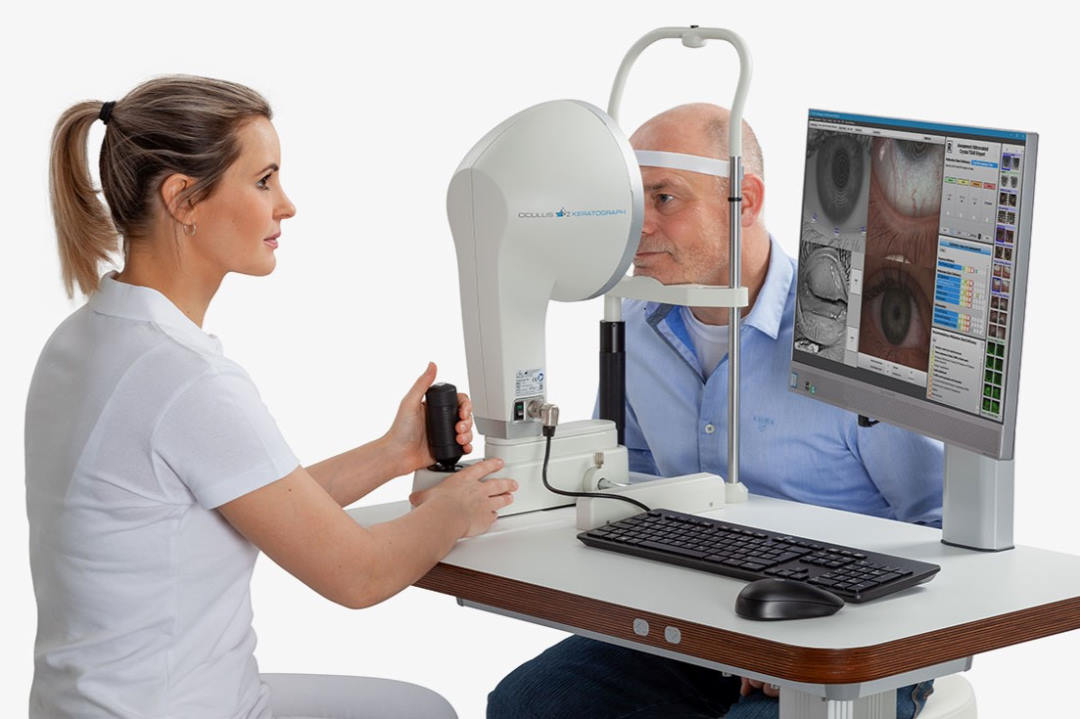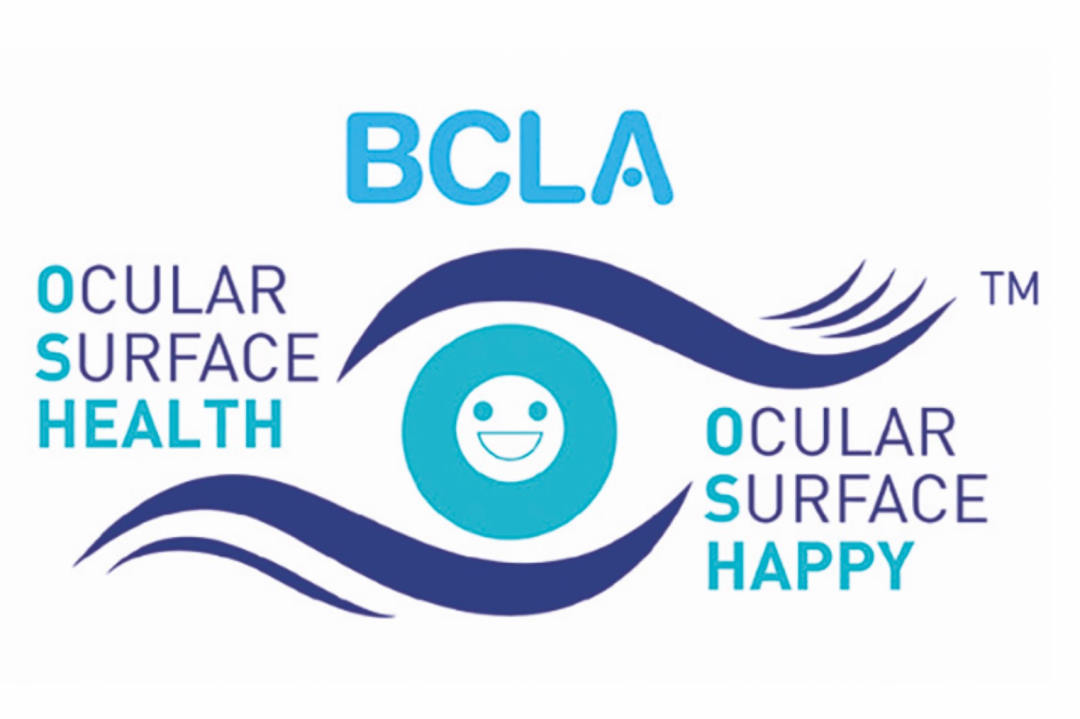Is ADMiER the next frontier for diagnosing, subtyping DED?
Dry eye disease (DED) is a highly prevalent condition that affects an estimated one in five adults1. However, early and accurate diagnosis of DED remains a clinical challenge as existing tests are invasive, time-consuming and inaccurate.
Currently, no single, objective method exists to both diagnose and subtype the condition, yet this is critical to inform targeted treatment. A key barrier to DED patients achieving optimal outcomes is the inability to reliably delineate the subtype of DED, for example, lipid from aqueous-deficient forms, to inform treatments with distinct mechanisms of action.
To address this clinical need, we have developed a new, rapid point-of-care device for accurate DED diagnosis and subtyping. In collaboration with a biomedical engineering group, led by Professor Leslie Yeo at the Royal Melbourne Institute of Technology (RMIT) University, we have developed and patented a new technology: acoustically driven microfluidic extensional rheometry2 (ADMiER). ADMiER uses microtechnology to quantify the extensional viscosity (stretchiness) properties critical in forming stable tear films. The team was the first to discover that tears from people with DED have altered stretchiness properties relative to individuals with healthy tears2.
The ADMiER test involves gently acquiring a microlitre tear droplet, which is then analysed over several milliseconds to provide a set of quantitative parameters that comprehensively characterise the health of the tear sample. To date, ADMiER has been tested in two prospective clinical studies, with the data showing the device delivers high accuracy for both diagnosing and subtyping DED, relative to the current gold-standard, multistep diagnostic protocol3.
To date, the ADMiER team’s research programme and technology development has been supported by several major grants, including the American Academy of Optometry’s Korb-Exford Dry Eye Career Development Award and a five-year development grant from Australia’s National Health and Medical Research Council (NHMRC). The team’s long-term goal is to embed ADMiER into eyecare practices around the world to help patients achieve an accurate diagnosis and to inform an optimal treatment plan to globally advance health outcomes for people living with DED.
References
- Stapleton F, Alves M, Bunya V, Jalbert I, Lekhanont K, Malet F, Na K, Schaumberg D, Uchino M, Vehof J, Viso E, Vitale S, Jones L. TFOS DEWS II Epidemiology report. Ocul Surf. 2017 Jul;15(3):334-365.
- McDonnell A, Lee J, Makrai E, Yeo L, Downie L. Tear film extensional viscosity is a novel potential biomarker of dry eye disease. Ophthalmology. 2019 Aug;126(8):1196-1198.
- Wolffsohn J, Arita R, Chalmers R, Djalilian A, Dogru M, Dumbleton K, Gupta P, Karpecki P, Lazreg S, Pult H, Sullivan B, Tomlinson A, Tong L, Villani E, Yoon K, Jones L, Craig J. TFOS DEWS II Diagnostic Methodology report. Ocul Surf. 2017 Jul;15(3):539-574.

Professor Laura Downie is a Dame Kate Campbell fellow for research excellence in the Department of Optometry and Vision Sciences at the University of Melbourne. She is head of the Anterior Eye, Clinical Trials and Research Translation Unit and director of the Melbourne Cochrane Eyes and Vision Centre for Evidence-Based Care, focused on advancing eyecare through integrating streams of pre-clinical, clinical and translational research.









